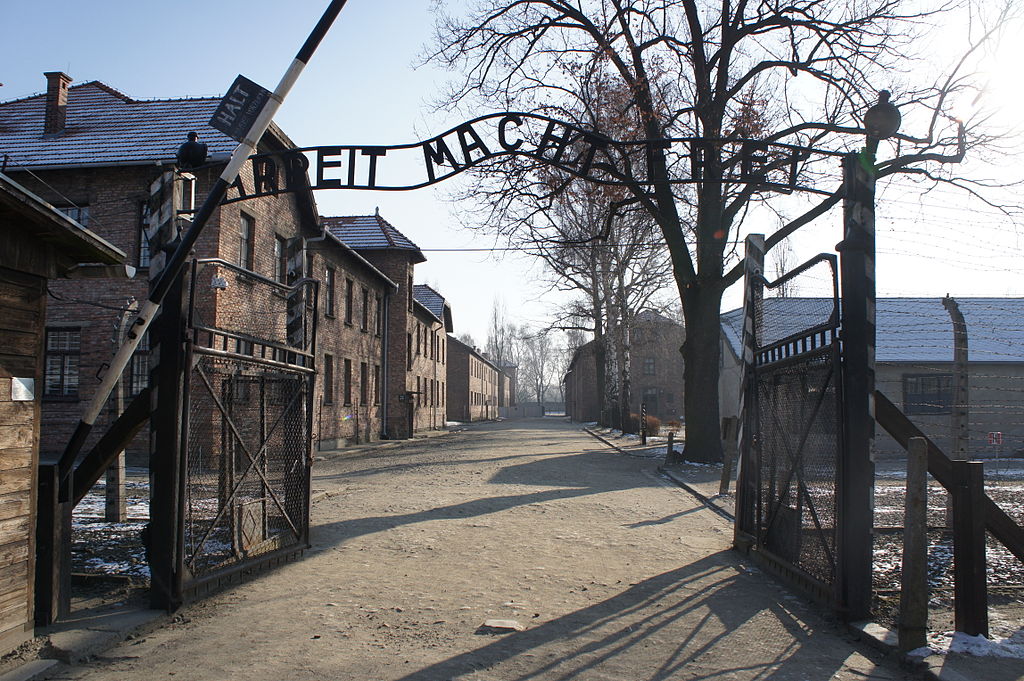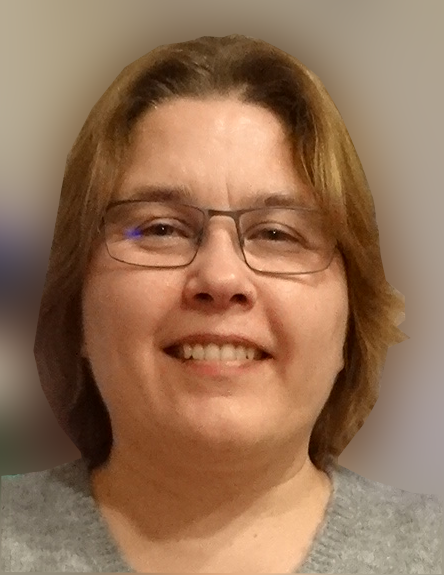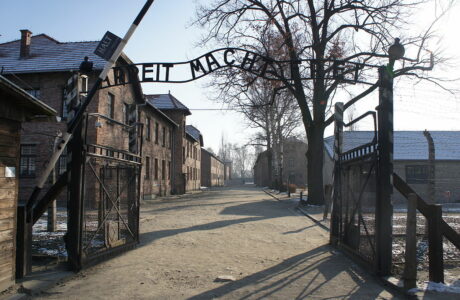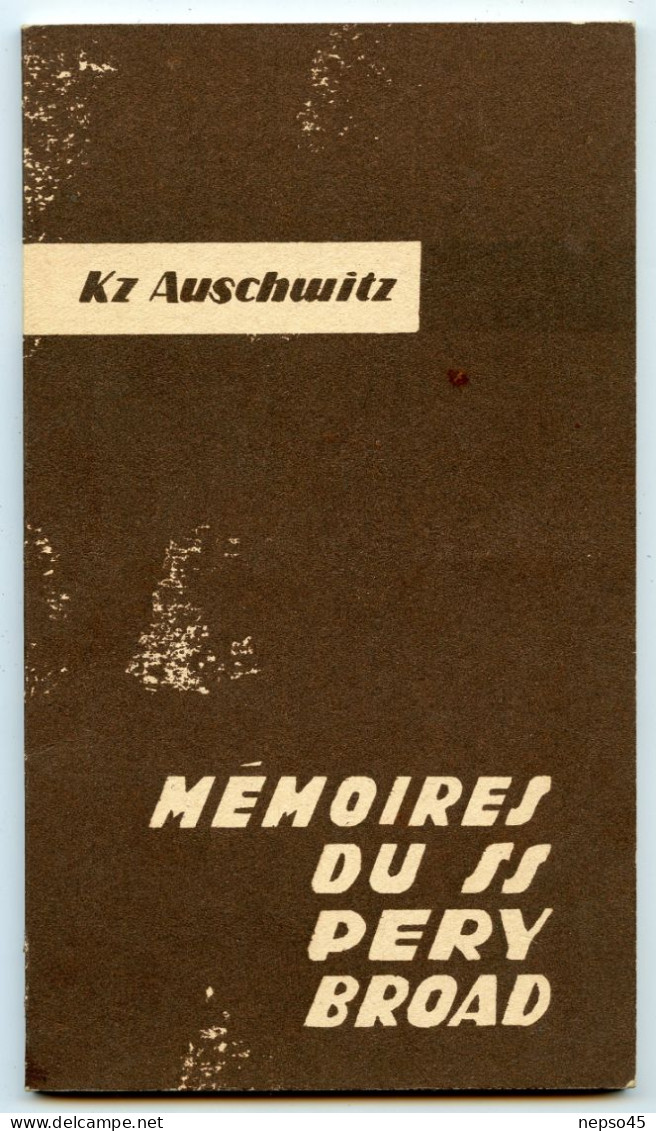An indelible scar: man was once so inhuman… Hell. Screams. Heartbreak. Horrors. Blood and tears. “The Death Camp” on our Earth.
One summer day in 1991, when I was 13, I visited Auschwitz : the largest concentration and extermination camp of the Third Reich (Nazy Germany). It is located in southern Poland, the home country of both my parents, about 60 kilometers west of Kraków, the former capital of the country.
What struck me:
- the heavy atmosphere,
- evidence of barbarism: hair, shoes, gold teeth, children’s dolls,
- tortures by barbarian so-called d.o.c.t.o.r.s,
- the Nazis’ t.h.o.u.g.h.t structure: the “final solution”,
- a book translated in French : Mémoires du SS Pery Broad (Broad Report in English), bought at the museum and read in one go,
- MY RAGE TO UNDERSTAND what could have happened.
Note: the words doctors and thought are written with dots because for me, it’s just impossible to write them entirely: a barbarian tortures and a Nazi exterminates, a doctor heals and a human being thinks, right?!!!!
I read this book during the summer just after buying it. I had previously read Friedrich by Hans Peter Richter and excerpts from The Diary of a Young Girl, by Anne Frank. A book by a German witness to the rise of Nazism in Germany with the criminal consequences in his life and a work by a victim of the Holocaust. Never a text written by a person responsible for the Shoah. So it is done with this work written by an SS. Important to validate all points of view and to listen to the version of a criminal. My opinion briefly: the story of the final solution in the Auschwitz camp is chilling and totally devoid of empathy. “A man carrying out a task like any other because he had been ordered to do it and therefore it had to be done. That’s all.”
A phrase often comes to mind about our humanity:
Le rejet des différences dans notre humanité se fait sans aucune empathie.
My personal translation:
The rejection of differences in our humanity is done without any empathy.
Sonia Kanclerski, Pause-café chez Sonia, article Auschwitz, 70 years and…, 2015.
We must be like this, like that, or like… us. The “not like us” do not deserve to live. Different people, in the minority or not, must die because they are not like us, they do not have the right to Life. Horrors.
Whoever saves one life saves the entire universe.
Phrase taken from the Jewish Talmud.
This quote from the Jewish Talmud makes me want to add a personal sequel: “a human being who takes a life destroys humanity”. Read humanity with two meanings: the set of human beings and the set of characteristics that make one a human being.
Un·e être humain·e qui enlève une vie détruit l’humanité.
My personal translation:
A human being who takes a life destroys humanity.
Sonia Kanclerski, Pause-café chez Sonia, article Auschwitz, 70 years and…, 2015.
Let’s build, let’s shape but not destroy, let’s learn to (just) deconstruct… My feelings at the moment: rage, disgust and sorrow XXX…L.















